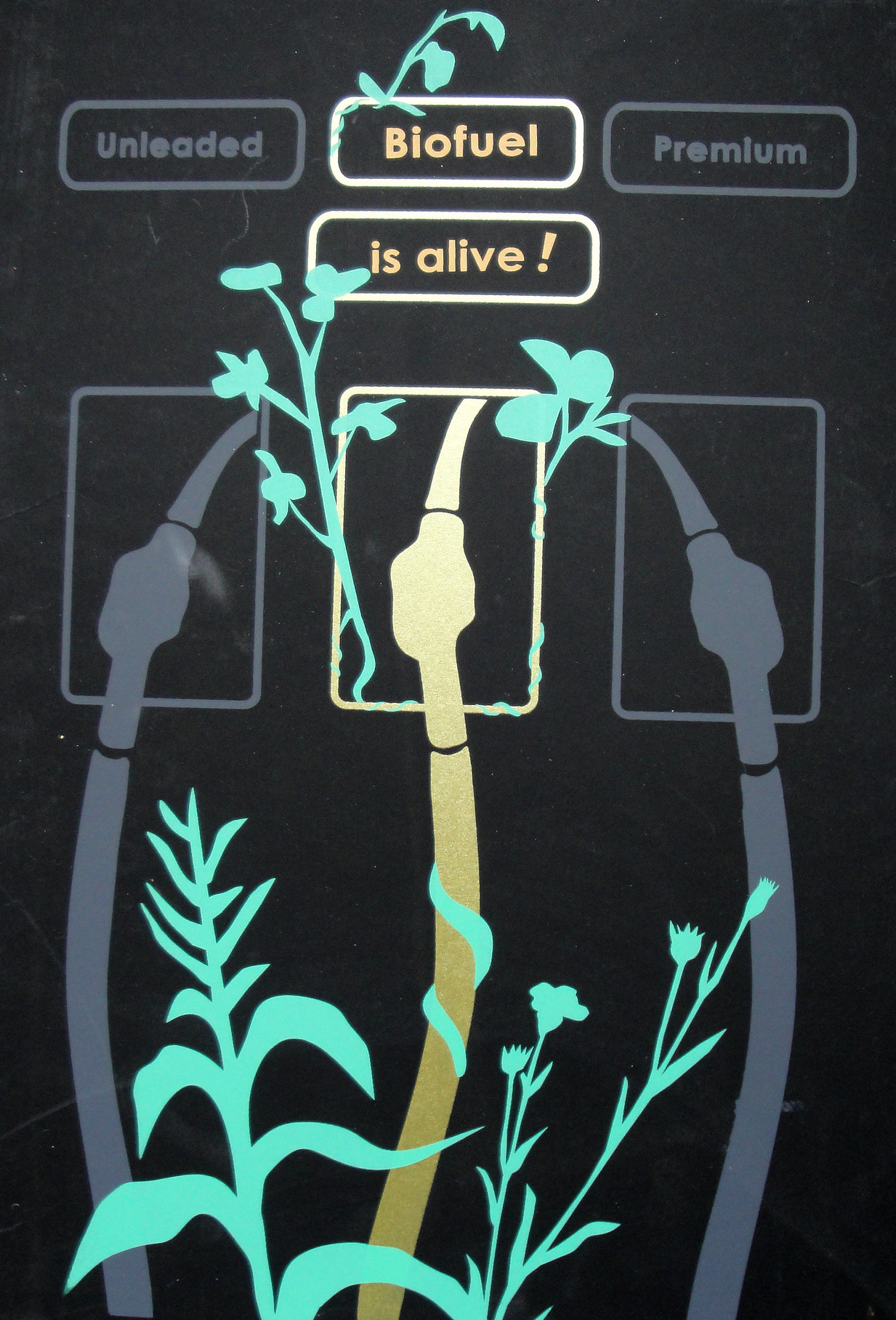As part of the national Green Transformation (GX) program, which the ruling party chiefs approved last week, the energy transition roadmap through 2050 calls for the development of three carbon recycling technologies: sustainable aviation fuel (SAF), synthetic fuel and synthetic methane.
More than a year earlier, however, in October 2021, METI’s Sixth Strategic Energy Plan called for more research on how to expand use of bioethanol and biodiesel, which are the more established low-carbon fuels growing in popularity in Europe and the Americas.
As such, Japan’s energy policy seems to be supporting two different roadmaps for fuel decarbonization. On the one hand, GX wants to see the development of new low- carbon fuel tech that recycles CO2; on the other, METI is backing stronger utilization of biofuels that are already on the international market.
The apparent contradiction could be explained by looking at what Japan can implement now to reduce emissions this decade and what will drive the nation’s decarbonization closer to the 2050 carbon-neutrality deadline. How the two pathways will co-exist, however, is less clear.

